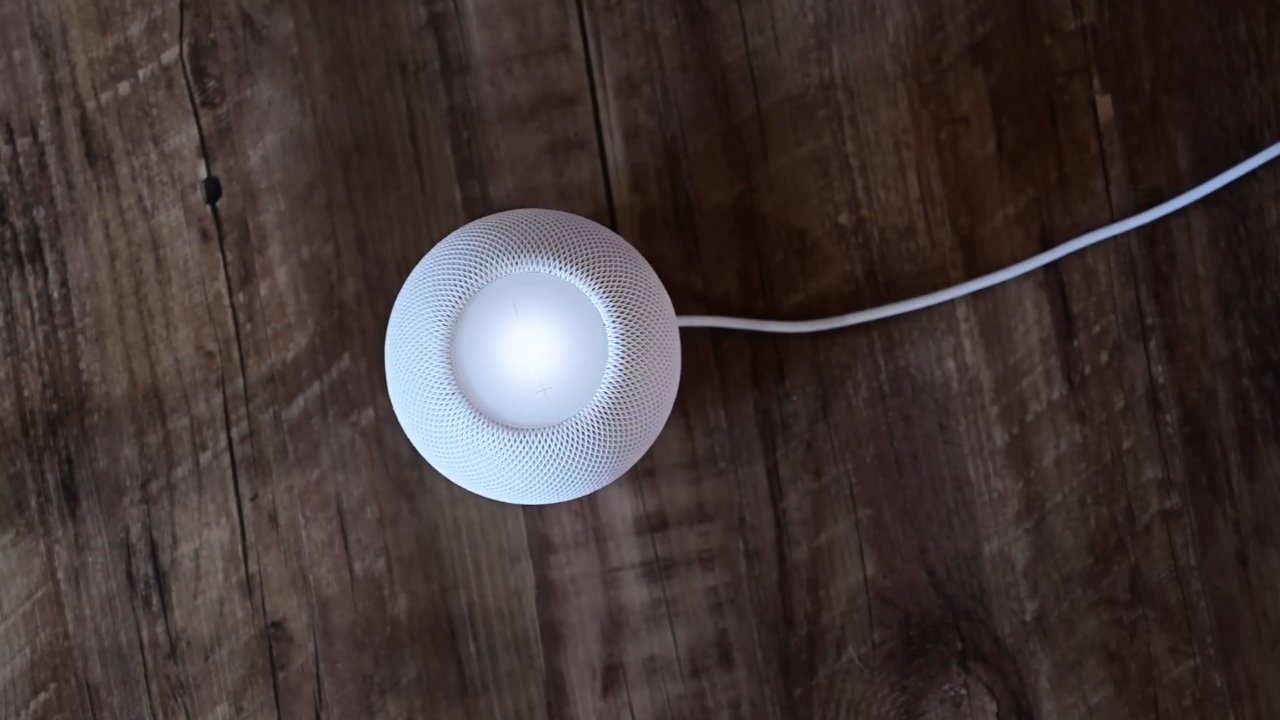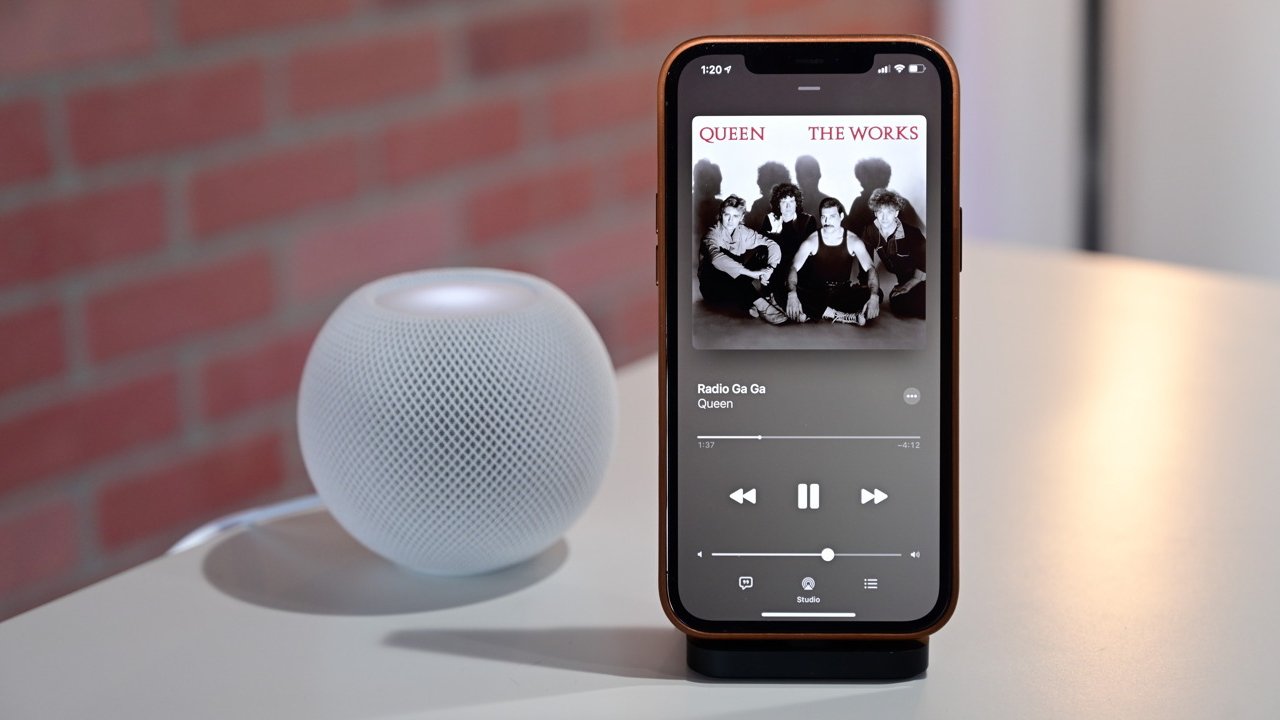AppleInsider may earn an affiliate commission on purchases made through links on our site.
A new study has discovered that most people enjoy smart speakers like Apple’s HomePod and see them as having a net-positive impact on their lives.
Whether it is Siri on a HomePod mini or Alexa on an Amazon device, smart assistants are more prevalent than ever. The simplicity of the devices and interactions by voice encourage people to use the products more and in ways previously unknown.
At least, this is according to one study shared by Ofcom. The researchers studied a group of 100 smart speaker users and 15 non-users over three weeks to understand relationships with smart speakers.
The study fell in line with the general consensus around smart speakers — easy to use, frustrating at times, and a product you don’t know you need until you have one. Seniors and those with disabilities seemed to benefit most from having a smart speaker, especially those who lived alone.
There wasn’t any focus on a specific brand, though the study did skew to Amazon and Google users more, thanks to their overwhelming market share.
For this study, there were 75 with Amazon speakers, 28 with Google speakers, and 16 with other brands that included Apple’s HomePod. The number adds up to over 100 because some users had more than one brand.
Participants didn’t offer much reasoning for their speaker choice beyond previous exposure to a product. Users chose Alexa speakers because they had interacted with them at another person’s house, and privacy or brand loyalty wasn’t on many participants’ minds.
A majority of users said that the speakers were purchased for music but quickly became useful for general queries or tasks like timers. Most admitted that they used the speaker more than they had initially intended.
Those with disabilities mentioned the multiple utilities of smart speakers. For example, an autistic child communicating with the speaker or a person with limited mobility asking questions or controlling lights without moving.
Users who lived alone said that having a smart speaker reduced their loneliness. It gave them something to interact with or talk to.
Frustrations around smart speakers were universal regardless of brand, user age, or other dynamics. The speaker would sometimes get commands wrong, especially for users with accents, but no participant felt these issues were deal breakers.
The use of smart speakers has moved from a nerdy fad to a household appliance in the last decade. The study concludes that while privacy concerns exist, people generally find smart speakers useful and a net positive for owners.






